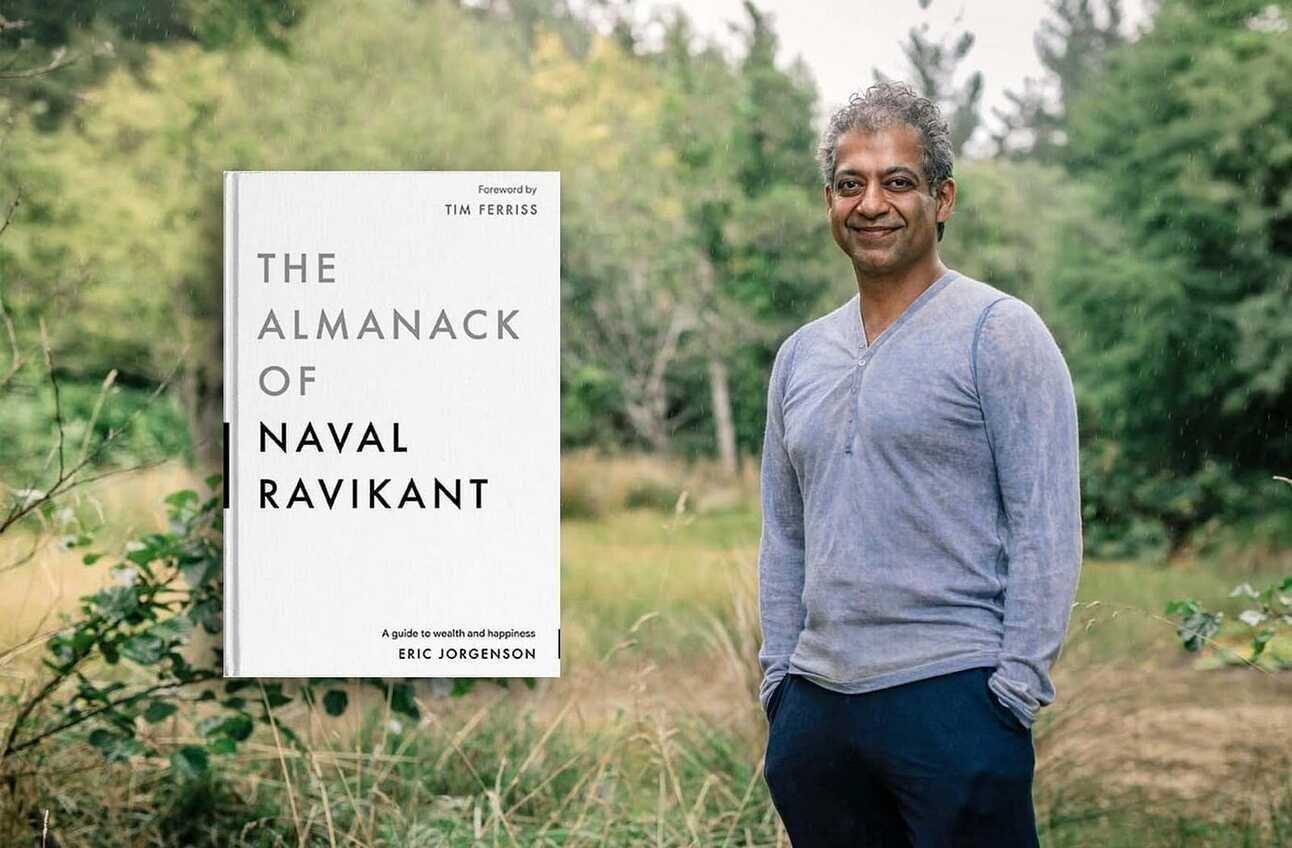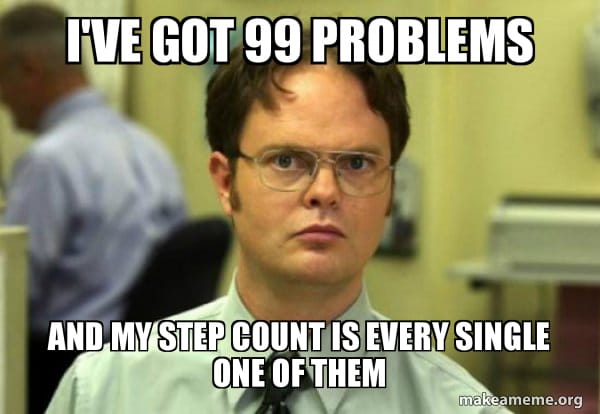
Volume 064
“Your entire life can change in one year. Not ten. Not five. Not three. One year. One year of focused, daily effort. One year of clear intentions. One year of leaving behind things that no longer serve you. One year of going all in on you. So, let’s get started” - Sahil Bloom
This week marks the launch of something I’m calling “The Summer Signal Drop” - a personal challenge I’ve created to run through the next 3.5 months of summer.
There wasn’t a lightning-bolt moment that sparked this. No dramatic breakdown or viral quote. Just a quiet build-up of awareness: I’ve been craving less noise and more signal. Less distraction, more depth. Less scrolling, more building.
I’ve sketched this out as a framework to help me fully engage in what I want this summer to be—a focused stretch of time to double down on the priorities I’ve already named: training, reading, creating, connecting, and showing up intentionally across the board.
Why “Summer Signal Drop?”
The core idea behind this challenge is reclaiming time and focus. And one of the most immediate levers for doing that is reducing digital clutter.
For me, that means:
Removing social media from my daily devices
Restricting usage to one intentional day on Sundays
Documenting training, photography, and reflections in one place—right here (and one Sunday post of the week’s highlights)
This alone should reclaim hours each week—and more importantly, reclaim energy that I want to re-invest into the things that matter most.
This season will center around one clear physical goal: Run a sub-3 hour marathon on August 10th in Seattle. But it’s not just about the race. It’s about showing up fully for my relationships, personal growth, and creative output.
Over the next 3 months, I’ll be sharing what this journey looks like—training wins and setbacks, mindset shifts, book insights, and the pursuit of signal over noise. My hope is that something in this inspires your own summer reset.
If it resonates, feel free to follow along—or even join in your own way.
Let’s make this a summer of real momentum.
Superset of the Week:
Brain - 44 Harsh Truths About Human Nature – Naval Ravikant on Modern Wisdom

“Most of your problems come from trying to control things that are not yours to control.”
What happens when one of the most insightful minds on wealth, happiness, and human behavior condenses years of wisdom into a 3-hour rapid-fire truth bomb? You get Episode #922 of Modern Wisdom with Naval Ravikant.
I threw this podcast on a few weeks back during a run, realized I had entirely too many takeaways to be able to mentally notate, and have since ran through it 3 or 4 times in its entirety. Whenever an episode packs that type of staying power, it’s an easy sign that it needs a slot here.
I could write thousands of words on some of the quick-hitting quotes and ideas from Naval. My lasting impression though is his complete mastery of his identity and priorities. Naval sees time as the ultimate leverage. Money can be earned, lost, and earned again. But once time is spent, it's gone for good. This is why he's unapologetic about guarding it—even if it means disappointing others.
“People think saying ‘no’ is rude. But saying ‘yes’ to everything is how you end up overwhelmed and resentful.”
The format of the episode is minimalist: no long stories, no fluff. Just clear, unfiltered observations like:
“Status games are infinite. Opt out.”
“Your real resume is a catalog of your suffering.”
“Envy is the tax you pay for using social media.”
“Self-awareness is realizing that everything you hate in others is something you haven’t accepted in yourself.”
In a world obsessed with constant doing, Naval invites you to observe. To zoom out. Naval’s truths act like a mental reset—reminding us that chasing status, holding onto resentment, or playing someone else’s game is a slow form of self-sabotage.
It’s funny how the content you need to consume tends to find you when you need it. I just finished my second pass through Sahil Bloom’s “5 Types of Wealth” book, and have been putting a lot of my mental energy into identifying my north star, and analyzing how and where I am spending my time and energy. If your goals include clarity, discipline, or long-term happiness, you’ll want to sit with this one. Let it shake up some assumptions.
I’ve enjoyed this practice of late, so I want to recommend it for some personal dev homework for the week:
Action: Pick 3 of the “Truths” (or Quotes) from the episode that made you pause. Write them down. Use these journal prompts to help expand on each item:
Where have I seen this play out in my life?
What behavior might I need to unlearn?
How would applying this change the way I show up?
You don’t even have to agree with Naval - there were certainly ideas and processes he has in his life that don’t resonate with mine - you just have to let it challenge the way you think. I’d love to hear what 3 resonated with you the most.
Body - 5 Simple Ways to Get More Steps In

One of the most foundational principles of fitness is also the most obvious: movement. Yet in today's world, so much of our daily life is built around sitting still. Even with the best intentions, it's easy to blink, look down at your watch, and realize it’s 5 PM—and you’ve barely hit 2,000 steps.
If you want to lose weight, boost your energy, and clear your head, one of the simplest and most powerful habits you can build is simply to move more. More walks outside. Less time glued to a chair. More chances to fire up the engine that’s ready and waiting to burn calories and sharpen your mind.
We often overcomplicate the idea of hitting 10,000 steps a day, treating it like a major event. But it doesn’t have to be overwhelming. Instead of chasing big chunks of steps all at once, focus on weaving more movement into your daily routine.
Start with these five simple ways to get more steps every day:
1. Take Walking Meetings
Whether you work at home or in the office, instead of sitting through every call or Zoom, turn one-on-one meetings or phone calls into walk-and-talks. Whether it's pacing around your house, office, or heading outside, you’ll add hundreds (even thousands) of steps without even thinking about it. We often have better thoughts and clearer ideas when in motion as an added side perk.
2. Park Further Away
This one is so simple, but directly against the grain of our human mind. Stop looking for the closest parking spot. Instead, intentionally park further from the entrance at work, stores, or the gym. These extra walks may seem small, but they add up big over days and weeks.
3. Set a Step Timer
Use a timer or smartwatch to remind you to get up and move every hour. Even a quick 2-5 minute walk around your house, down the hall, or outside helps counter long periods of sitting and keeps your step count climbing throughout the day. If it helps you, attach walking to certain activities. Finish a task - go for a walk. Make it to lunch time - go for a walk.
4. Make "Entertainment Walking" a Habit
Listening to a podcast, audiobook, or even short YouTube videos? Instead of sitting down, walk while you listen or watch. Entertainment becomes a trigger for movement, not stillness. As you declutter your time spent on digital devices, an easy way to transition out is to attach movement as a necessity to allowing yourself to consume the content.
5. Take a Post-Meal Walk
A 5-10 minute walk after eating improves digestion, stabilizes blood sugar, and racks up easy steps. Bonus: it’s a great time to clear your head or casually chat with family or friends.
Book - Digital Minimalism by Cal Newport

As part of kicking off the Summer Signal Drop, I want to share and revisit a book that perfectly complements the spirit of this challenge: Digital Minimalism by Cal Newport.
Newport argues that our relationship with technology—particularly social media and smartphones—has quietly but dramatically reshaped how we spend our time, focus our attention, and connect with others. Rather than mindlessly accepting this new reality, Newport encourages a more intentional approach: using technology as a tool, not letting it use us.
A few key ideas from the book:
The Principle of Minimalism: Less is more. Use only the technologies that serve your deeply held values, and ignore the rest.
The Importance of Solitude: Constant digital connection erodes our ability to be alone with our thoughts—a necessary state for deep thinking, creativity, and emotional balance.
High-Quality Leisure: Instead of defaulting to scrolling or streaming, Newport urges readers to fill their lives with rich, satisfying activities that bring joy and fulfillment.
The Digital Declutter: A 30-day "break" from optional technologies, followed by a slow reintroduction of only the tools that truly add value.
This mindset ties directly into my Summer Signal Drop: removing social media apps, reducing aimless phone use, and choosing activities that bring more energy, presence, and satisfaction into daily life.
Actionable takeaways from Digital Minimalism:
Delete Social Media Apps: Access them, if needed, only from a desktop computer to add friction and intentionality.
Schedule Phone-Free Time: Designate parts of your day (like mornings or evenings) as no-phone zones.
Prioritize Analog Activities: Replace scrolling with activities like reading, running, building, writing, or real conversations.
Conduct Your Own Digital Declutter: Take 30 days off from all non-essential tech, then mindfully reintroduce what actually improves your life.
If you’re intrigued to join me in any capacity on this challenge, Digital Minimalism is an incredible resource to keep you inspired and focused.
Breakthrough of the Week - ChatGPT Prompt for Your Next Listen
I have been utilizing this prompt quite a bit of late. If you are looking to find your next podcast listen (structure works similarly for books, shows, and movies too), utilize this prompt:
“I am looking for my next podcast listen and would like some recommendations. My favorite three episodes I have listened to recently are “Insert Podcast Episode Title 1”, “Insert Podcast Episode Title 2”, and “Insert Podcast Episode Title 3". Using these three episodes, can you recommend a list of 5 - 10 new episodes you believe I would like?”